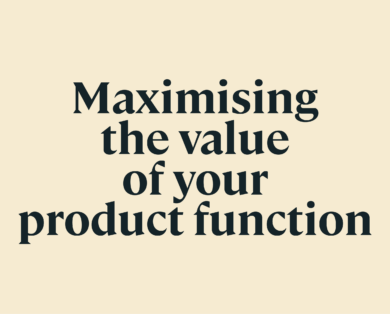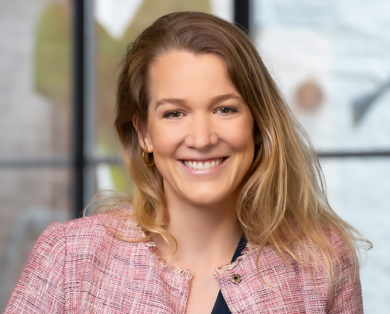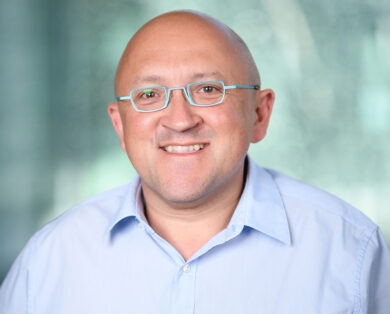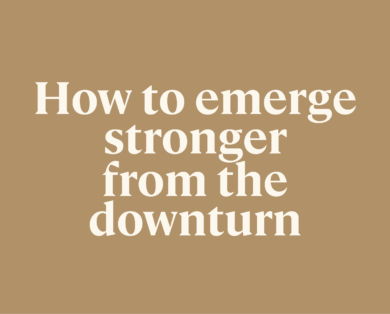- 28 March, 2024
This workshop was run exclusively for our portfolio companies in September 2020 to provide an overview of the Benefit Corporation Certification and what it means for companies.
With 2020 bringing a shift in cultural awareness and a biological pandemic, the need for us to work together to effect social and environmental change has never been more critical.
As many of us look to understand how we make our organisations more inclusive and sustainable, we’ve seen increasing interest in B Corp Certification from our portfolio. In this workshop, we welcomed James Ghaffari, Director of B Corp Certification at B Lab UK to discuss the process of becoming a Benefit Corporation, the B Corp Certification, and how it can have a positive impact on your employees, your community, and the environment.
We also heard from two companies in the Balderton portfolio about their experience in the process and what it’s meant for them.
- Justine Porterie – Head of Sustainability at Depop, a fashion marketplace targeting primarily younger audiences with sustainability at the heart of their brand values. Depop is in the process of obtaining its certification but has not completed it yet.
- Dr. Mohammad Al-Ubaydli – CEO and Founder of Patient Knows Best, an app that provides patients with their real-time healthcare records. Patient Knows Best is already B Corp certified, and renews their certification regularly.
The B-Corp Movement
Benefit Corporation was started with a belief that we’ve been experiencing a historic global culture shift in which we are progressively moving away from businesses being in some way a contributing factor to the number of the global challenges we’re experiencing today. The B-Corp Movement wants to harness the power of business and direct it to a new way of operating, in which we can harness the immense power and innovation of businesses to try and help address some of society’s greatest challenges to build a more inclusive, equitable and regenerative economy. That is the central principle behind the B-Corp movement.
Breaking Point
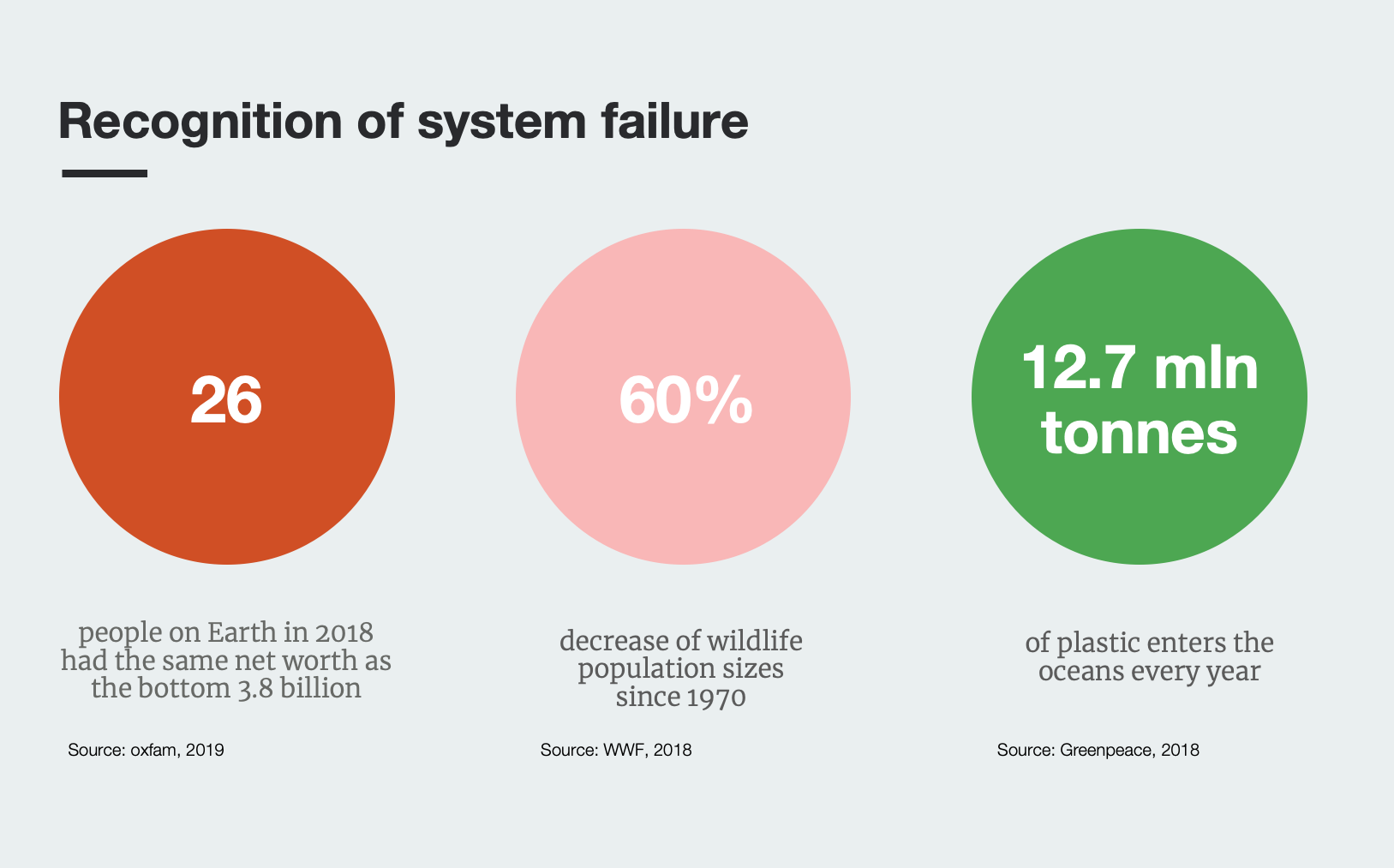
Over the last 50 years, businesses have primarily operated without taking into account their external impact on communities, individuals or the environment. This lack of consideration has contributed to social inequality, environmental degradation and to the loss of biodiversity.However, the idea that maximizing profits should be your only goal no longer holds true for many founders, particularly in the startup ecosystem. A new generation of founders is organically shifting to a more inclusive model of doing business and driving larger enterprises to re-examine their behaviours.
B-Corp hopes to help usher in the change that will lead to a new model of doing business, where all companies make significant commitments to the environment and to their people.
The past few years have made it clear that CEOs need to take action on the climate emergency, and we started to see pledges from giants like Amazon and Microsoft on reducing carbon emission commitments. However, the past six months have been a catalyst for broader change. The global pandemic has pushed companies to think deeply about how they are contributing to environmental and social good in the long term.
Leading the change
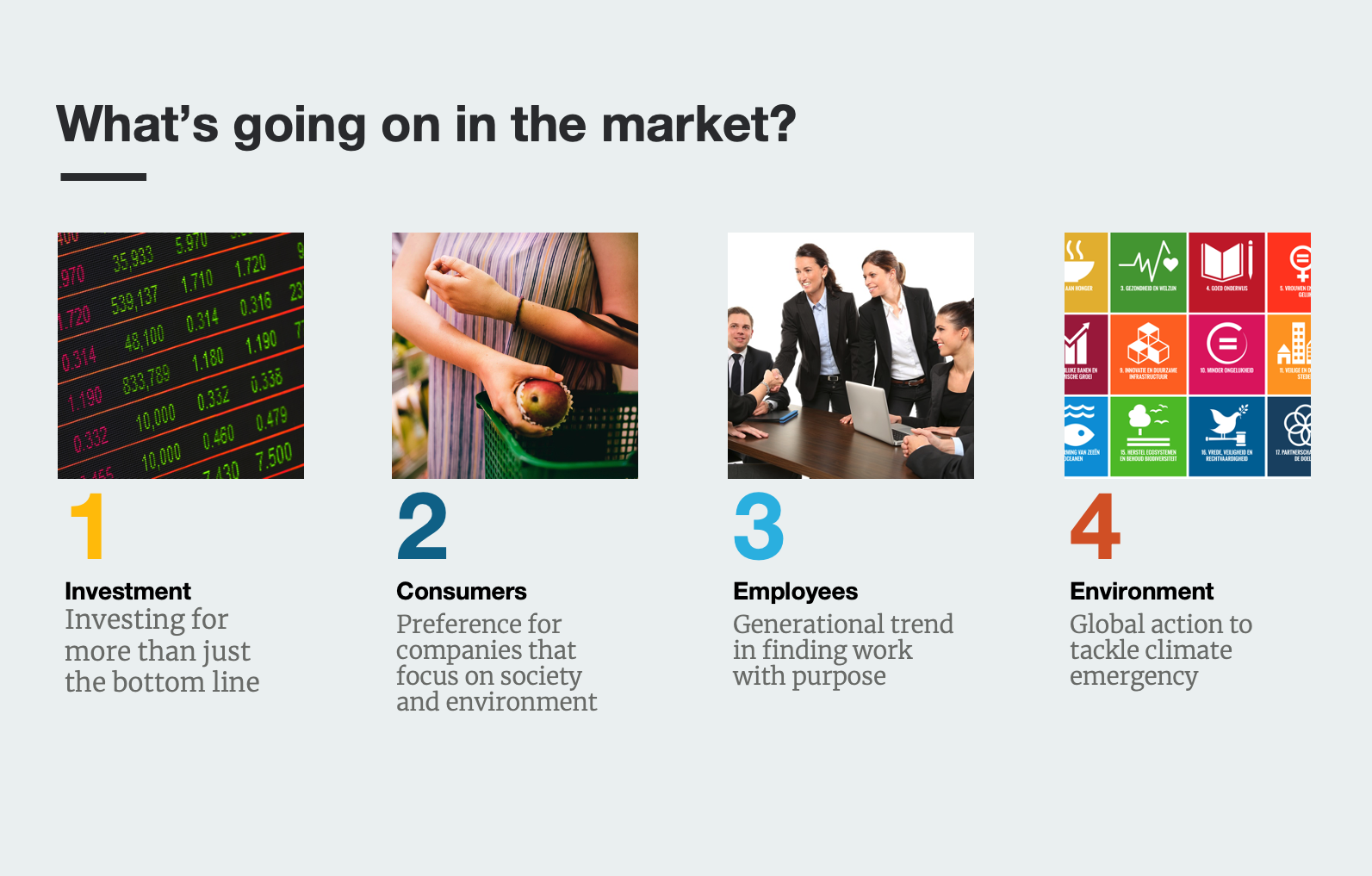
This shift can also be seen in other areas, such as the growth of impact investing and in the rise of conscious consumerism. It’s also present in the jobs market where many employees, particularly late Millennials and ‘Gen Z-ers’, are increasingly seeking out purpose-driven companies. Employees want to bring their whole selves to work – and are more committed and energized when they know their company shares the same values as they do.
On a wider scale, the global narrative has also changed. The United Nation’s Sustainable Development Goals and the Paris Climate Agreement are the more direct examples of this. It has now become incumbent on all institutions – not just governments or civil society – to carefully consider their impact on all stakeholders in the ecosystems they operate in. This means taking action and pushing for positive change in areas such as equal pay, prejudice, discrimination, working conditions, etc.
The 2020 Edelman Trust Barometer showed that 56% of people believe that capitalism, as it exists, does more harm in the world and good. This suggests a need for a new model of doing business which inspires greater trust. The B-Corp Certification stands behind the idea that this new model should be one where businesses are committed to social and environmental good. It pulls together businesses from around the world that want to put people and planet alongside profit in their decision-making and are showing that they are successful in doing so.
Being Benefit Corporation Certified
Key things to know:
- The Impact Assessment is conducted according to your company size/sector
- Certification requires making a legal change to your articles of incorporation
- There is a 3-year recertification requirement
Your company will obtain a B-Corp Certification, when you:
- Meet high standards of verified social-environmental performance.
- Legally commit to considering the impact of their decisions on all of their stakeholders and not just shareholders.
The journey to the Certification begins with the Impact Assessment, to assess companies’ current performance on the metrics and standards established by the certification.
The assessment itself is adaptive and so it covers dozens of tracks that companies can be on based on the size and sector. It is extensive enough that it covers your company’s impact against all key stakeholders.
Rather than just looking at your supply chain or the environmental standards of the buildings that you operate in, it looks across five key impact areas:
- governance
- employees
- community
- environment
- customers
A requirement of a score of at least 80 is necessary to pass the first phase. The purpose of the assessment is to showcase your company’s present level of social-environmental performance.
The second phase is making the legal change – this is a way in which companies amend their articles of association to state that they will consider the impact of their decisions on all stakeholders and not just shareholders.
The assessment, which is reviewed every 3 years can also serve as a tool to use to improve your company’s impact, even before the certification is issued.
In practice: words from the community
This framework definitely resonates with what investors are expecting, and I suspect a number of people here have received some questionnaire from investors on ESG metrics, and the beauty of B-Corp is it definitely maps all those material issues. So I knew that by having it in my toolbox, I would make sure to identify material issues, but also give credit to [Depop] on good stuff that they were already doing.
Justine Porterie – Head of Sustainability at Depop
About Depop’s experience with the assessment:
You need to be at 80, the average company usually scores around 50 and we were above that which was great, a great story to bring back to the business to say, ‘hey, actually, we’re already doing a lot of good stuff already.’ So it helped bring in and fuel engagement in the company around sustainability around environmental, social, governments. So that was a great win.
Justine Porterie – Head of Sustainability at Depop
On getting Depop’s final certification:
…whether or not we go for the full certification is a question that we still need to decide as a company, but I think the most important piece is actually the continuous improvement it allows. And not to see it as the seal of approval, as the end game, but rather the underlying tool to help you get better because, in any case, sustainability is a journey and we can always do better and that’s what we really appreciate with this tool.
Justine Porterie – Head of Sustainability at Depop
Patient Knows Best on how they obtained the first certification:
In 2014 we were a really small company of 20 people, but they were really trying to find solutions and about this stuff that was new to us. …It wasn’t that they were asking for something that was burdensome and it’s just we were only 20 people. We hadn’t built a 1000 person, company or a 10,000 person organization. So we didn’t know how someone operates in that way. And for me, the process was a good educational part to go through. We learned a lot from going through that with the other companies. And so we’re lucky to be certified in the first cohort in 2015. And then we certified again in 2018.
Dr. Mohammad Al-Ubaydli – CEO and Founder of Patient Knows Best
On scaling with the certification:
2015 was a really big year for us. So that was the first time I’ve got a population-wide contract and a big part of being trusted with millions of people’s records in that year was that we said we’re going through the B-Corp certification. And I no longer have to explain that we’re a social enterprise, but for profit, it was this is an international certification for for-profit companies that shows how they embed their purpose and operate with good ethics and good ethos and so that helped get us the first million-pound contract.
Dr. Mohammad Al-Ubaydli – CEO and Founder of Patient Knows Best
On fundraising:
…and then that also meant that Balderton could invest and that was a useful qualifier for Balderton because they were the only investor I didn’t have to explain this to. Everybody else would just thought this was weird or a distraction but Balderton basically understood that this is healthcare, you have to show you’re responsible. This shows it just allows you to scale globally. And so that made it very easy for us to work with Balderton””… it absolutely continues to help us with investors and governments and the thing I hadn’t expected is how this helps us with employees. And a lot of candidates come to us mentioning our B Corp certification and it’s something that a lot of people in the company are very proud of. They really like telling customers about it and they really like meeting other B Corps.
Dr. Mohammad Al-Ubaydli – CEO and Founder of Patient Knows Best
On putting in the work:
And so the final thing I would just say is just to reiterate the advice which is if you’re feeling scared about it the beginning that it’s burdensome or complex; it really is worth putting in the effort…
Dr. Mohammad Al-Ubaydli – CEO and Founder of Patient Knows Best
More about B-Corp
B-Corp now has over 303,500 companies certified around the world, in 65 countries, and in all industries. They are increasingly using the B-Corp stamp on products and communications to demonstrate to their customers who they are, their purposes, and who they stand within this movement, per se. and they all have one unifying narrative, which is to redefine what successes in business look like, and serve as an example that is is possible to operate with this new model of commitment to measuring impact and making commitments to the environment and to people – while being successful.
Find out more about the B-Corp certification here.
